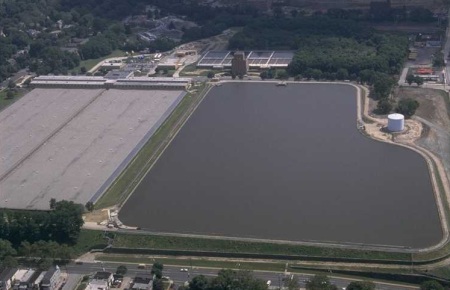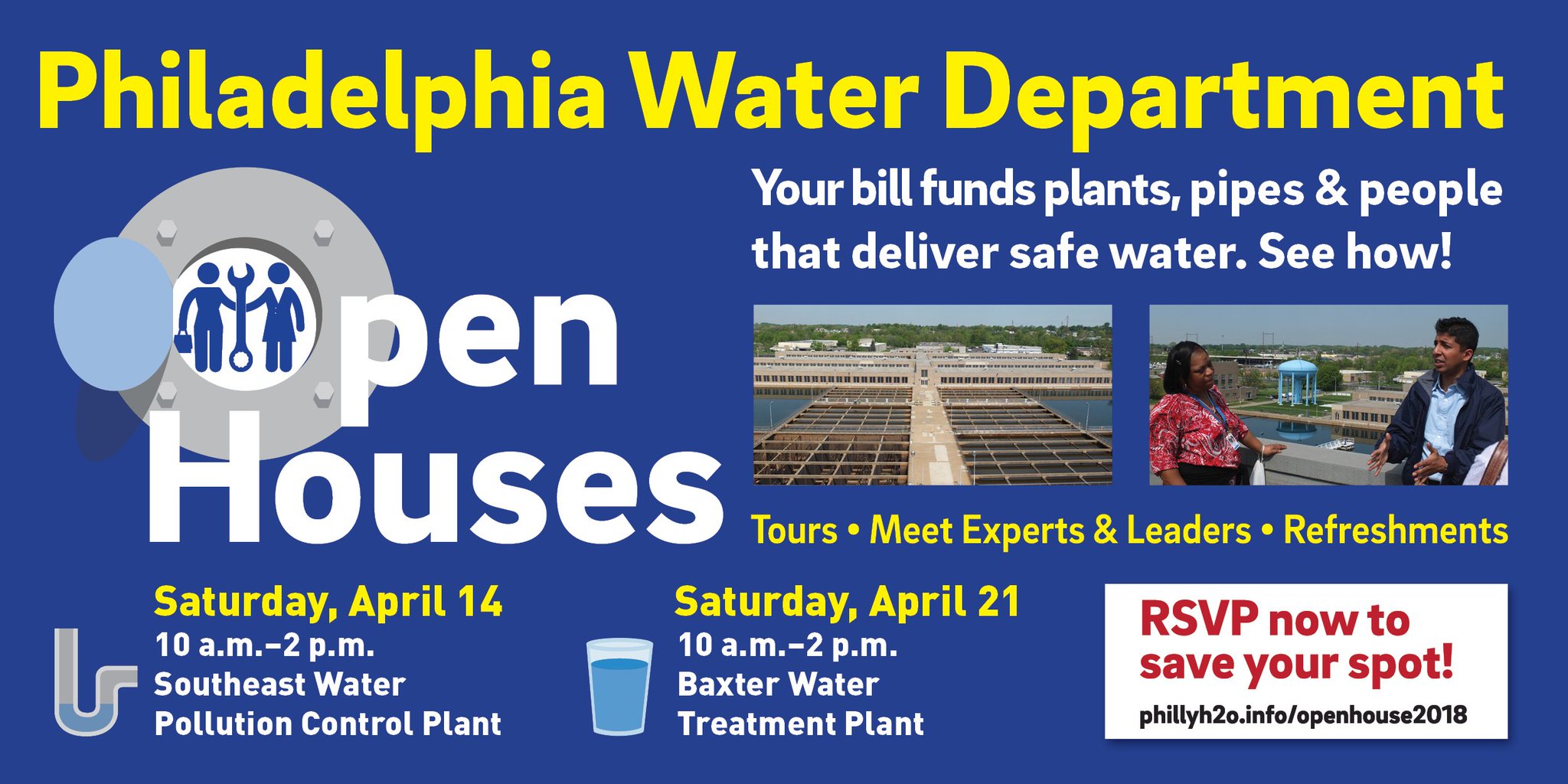With the Philadelphia Water Department proposing a rate change for 2013, we’re running a series of informational posts to explain how water rates are set, the terminology behind the rate setting process, and the investments PWD is making in our city’s infrastructure, health and environment.

OK, maybe not as exciting as that other Bond we’ve been watching since Dr. No came out in 1962, but this bond—along with several of its brothers and sisters—does just as much to keep us from suffering major disasters at the hands of diabolical enemies (in our case, rust, corrosion, wear, and damage).
Some time ago, the local papers asked opinion leaders in the region what they would recommend the city do with a billion dollars. At the Water Department, we know exactly what we would do. That money would go right into fixing and replacing some of the 6,000 miles of pipes and tunnels that carry stormwater off the streets, our wastewater (a nice way of saying what you flush out of your house) to our treatment plants and our drinking water back to our houses.
It’s a system that has been around for decades and, frankly, is starting to show its age a little. The tough part is that a billion dollars wouldn’t even begin to cover everything we have to do and the last time we checked, no one was going around handing out billion-dollar checks. (Could you imagine the size of that novelty check?)
Since the money we bring in from ratepayers goes to pay for the day-to-day operation of the Water Department – fuel for the equipment, workers who operate the treatment plants and fix the pipes, chemicals to purify the water, and so forth – we are left with no other choice but to borrow the large sums of money we need for big projects. The projects could be anything from major upgrades to our award-winning and nationally recognized wastewater treatment plants to replacing sewers that were built before many homes had running water to installing the green stormwater management features that are part of our Green City, Clean Waters effort. And we do all of these things to accomplish the goal of providing the safest, cleanest drinking water we can at the lowest possible price while protecting our region’s streams and rivers.
Borrow? Isn’t that a bad thing these days? What with all this talk about the debt and passing it on to our children and grandchildren? When it comes to issuing bonds to pay for water and sewer system upgrades, the answer is decidedly no. Think about it. What if you couldn’t buy your house until you saved up all the money to pay for it? What if your kids couldn’t go to college unless you could pay for every penny of it yourself? Some borrowing just makes sense. If we had no other choice but to upgrade sewer and water systems by paying for it all up front, we would need to raise rates to 10 or 20 times (or more!) what they are now.
The Philadelphia Water Department is fortunate to have gone through several years now of sound management practices. We are also structured such that water rates are set by professional managers with backgrounds in business and water engineering rather than by an elected body. These are two factors that all three major bond ratings agencies cite when giving the Philadelphia Water Department an A (S&P), A1 (Moody’s) and A+ (Fitch Ratings). These high ratings mean that people can lend money to PWD without much risk and will therefore lend it to us at much lower interest rate. PWD’s great reputation with these agencies is a success story for Philadelphia, and one that means our proposed adjustments in water rates are much smaller than they might otherwise have to be.
Contrast that with other local governments like Jefferson County, Alabama, which the New York Times recently called…
Bankrupt, U.S.A. For all the talk in Washington about taxes and deficits, here is a place where government finances, and government itself, have simply broken down. The county, which includes the city of Birmingham, is drowning under $4 billion in debt, the legacy of a big sewer project and corrupt financial dealings that sent 17 people to prison.
Their water system revenue bonds probably aren’t rated so highly these days.


